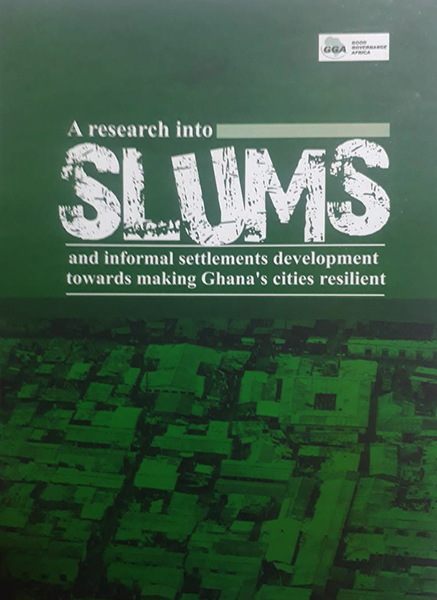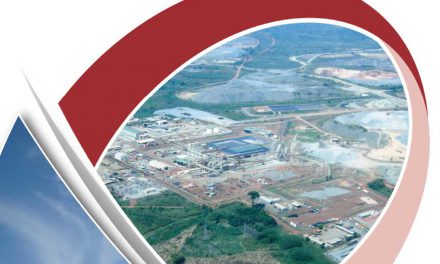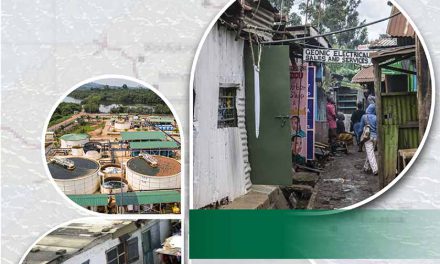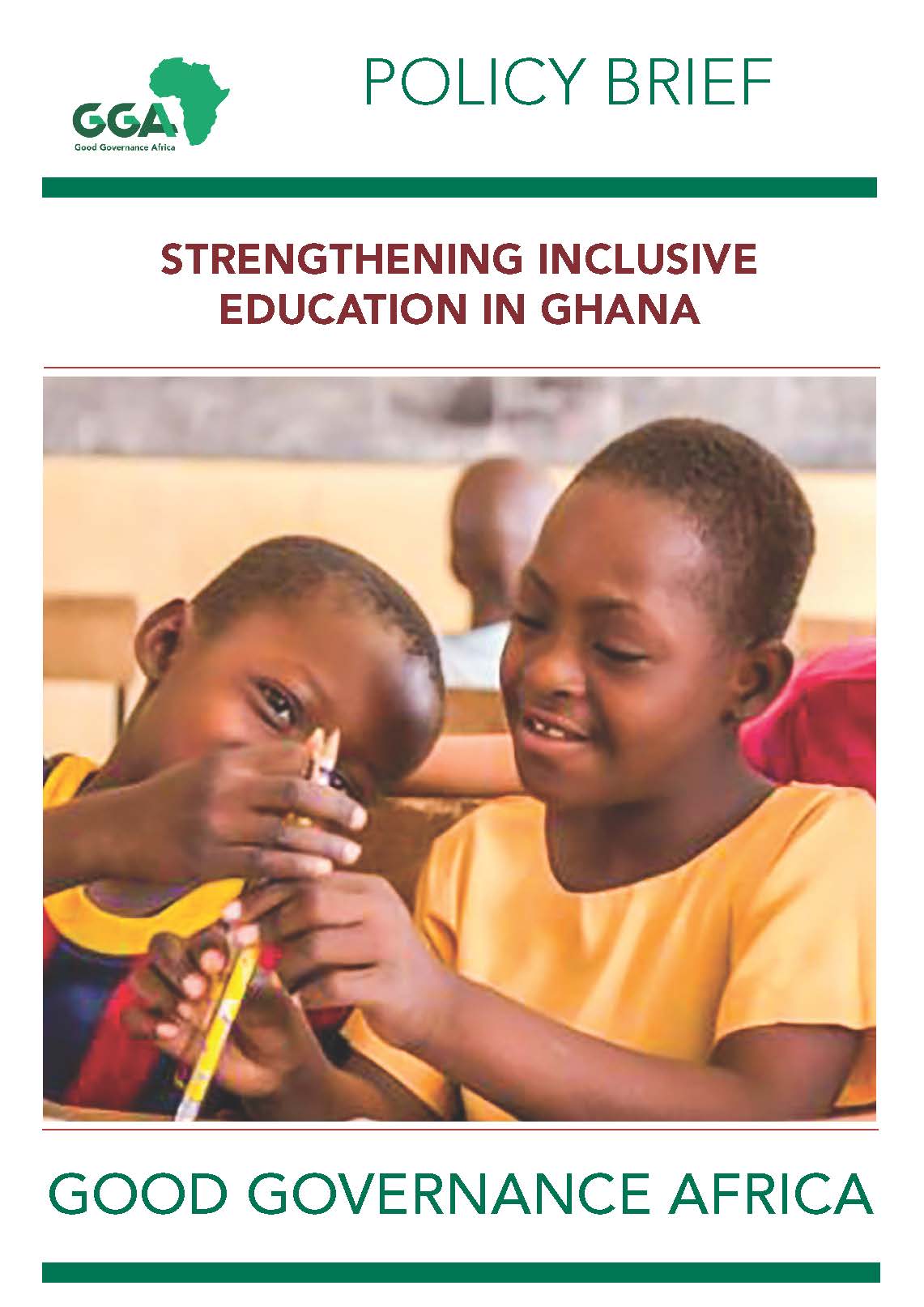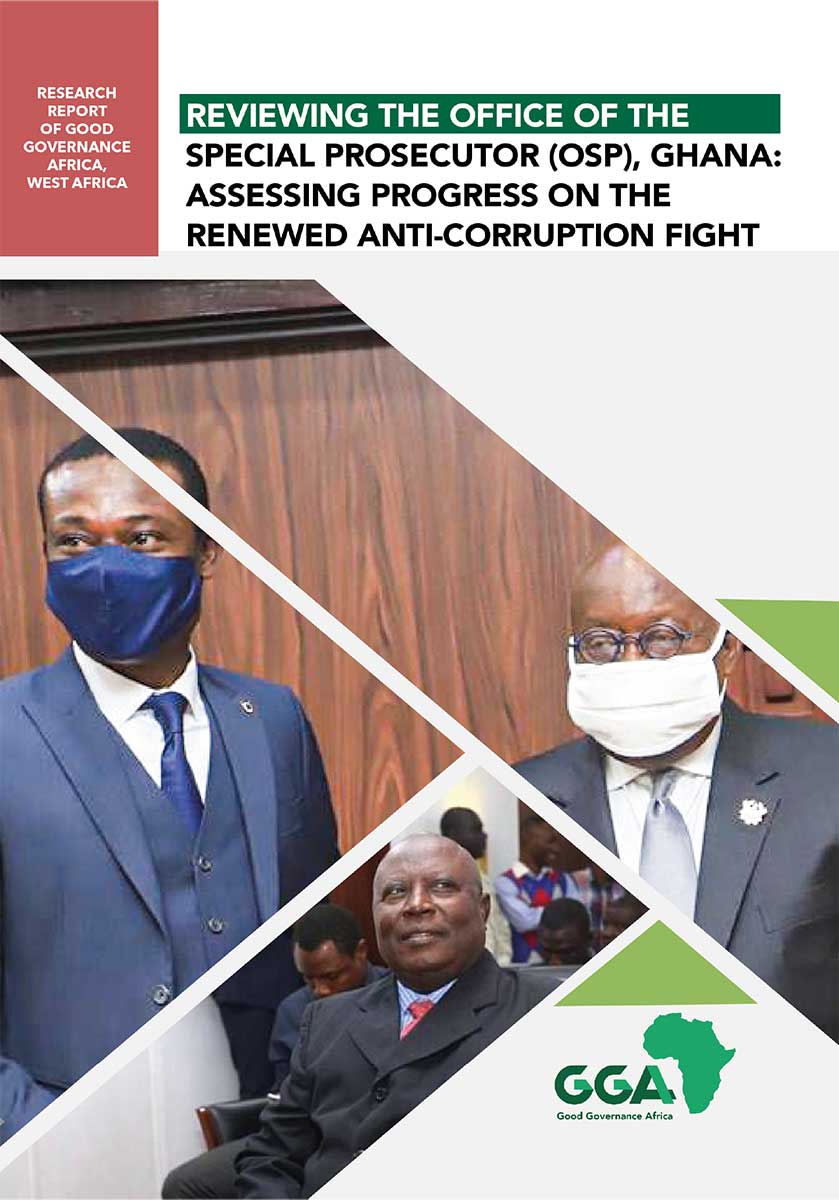
The Office of the Special Prosecutor in Ghana was instituted in 2018 to aid the Government of Ghana in the investigation and prosecution of cases and allegations of corruption and other criminal wrongdoing. Despite the presence of bodies such as the Economic and Organised Crime Office (EOCO), the Attorney General’s Office (AG), the Commission for Human Rights and Administrative Justice (CHRAJ), The Ghana Police Service and Judiciary among others, Ghana’s fight against corruption has largely been perceived and has been measured to be ineffective. Ghana’s score on the Corruption Perceptions Index of Transparency International was 43/100 with a ranking pf 73/180 in 2021 and in 2020, the World Bank gave Ghana a 3.5 rating out of 6 for corruption (1 = low, 6 = high). It is obvious then that much stringent measures needed to be taken to tackle corruption in Ghana. The establishment of the Office of the Special Prosecutor was seen as a welcome addition to the fight against corruption and the appointment of Mr. Martin Amidu as the first Special Prosecutor was hailed as he was seen as an appropriate individual for the position given his history of fighting issues of corruption. Unfortunately, he resigned in 2020 due to a few challenges and has been replaced by Mr. Kissi Agyebeng.
This study examines the work of the OSP three years on – in relation to the effectiveness of the office in fighting corruption; successes, challenges and way forward. The study assesses the general legal set-up for fighting corruption in Ghana and the administrative set-up of the OSP to fight corruption, highlights the achievements of the OSP over the past three years in reducing/curbing corruption in Ghana, identifies possible challenges hindering the work of the OSP and makes recommendations that could lead to reforms on both the set-up of the OSP and its delivery (processes) to ensure the achievement of its mandate.

